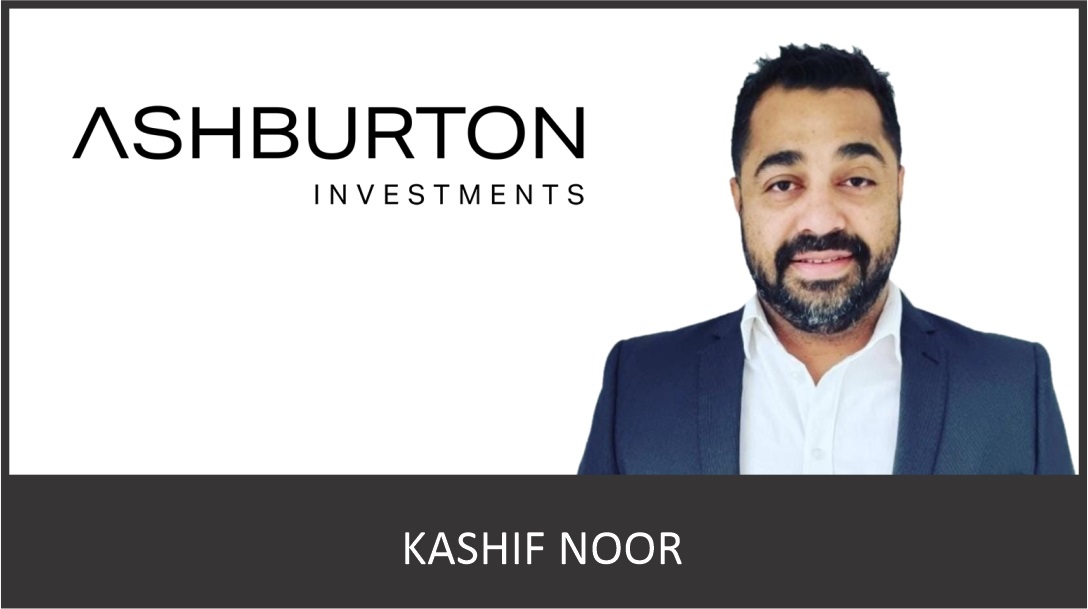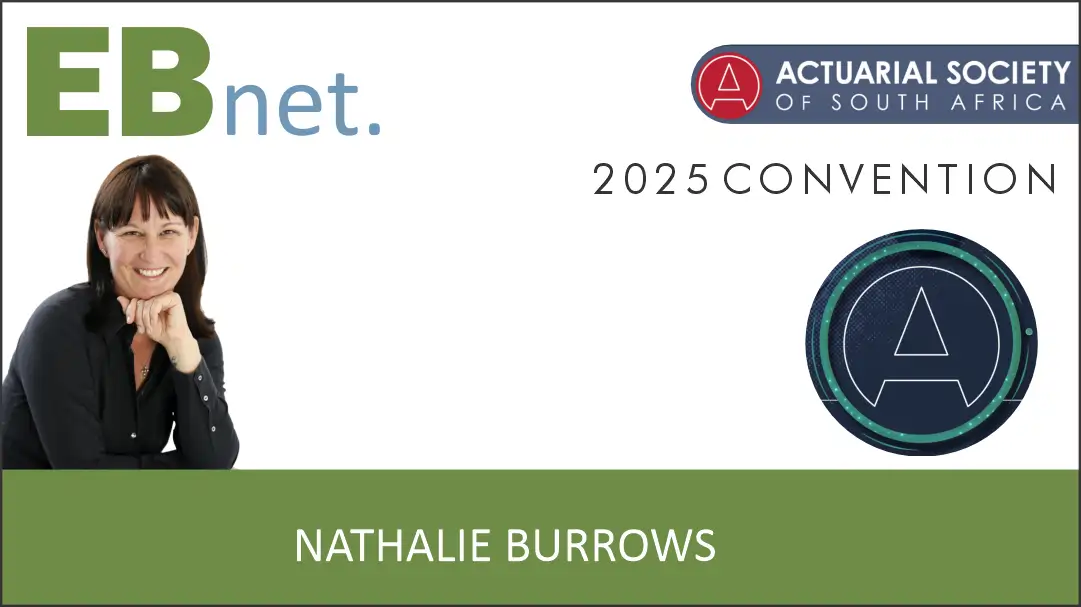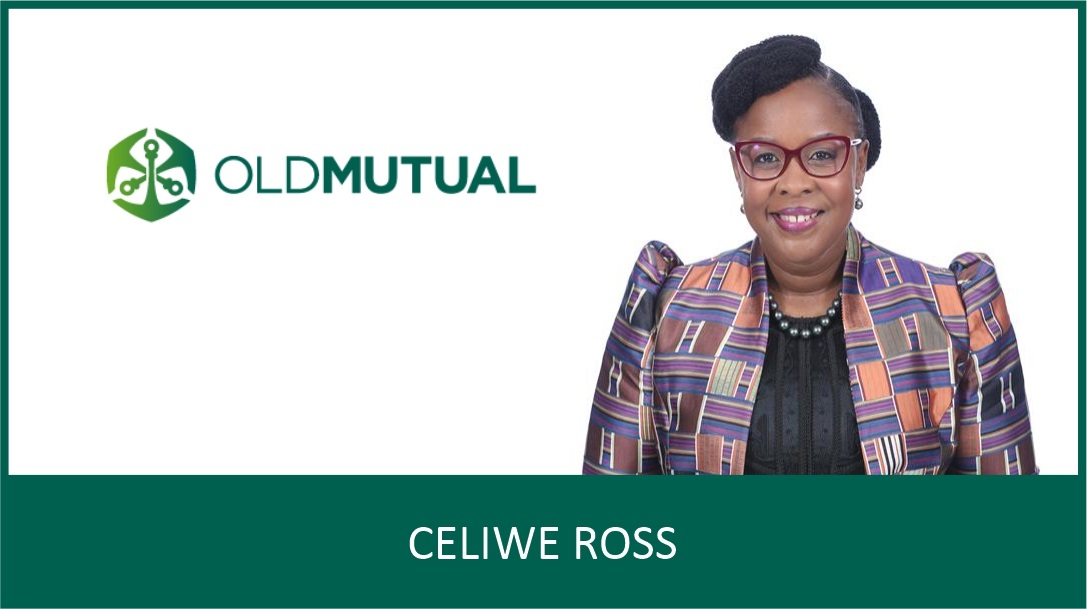Kashif Noor, Head of Retail Distribution at Ashburton Investments
We get it. “Financial planning” may sound like a term that belongs in a wood-panelled office, reserved for people who have already “made it.” If you’re in your twenties or thirties, you might think it’s only for those nearing retirement, or that you simply don’t have enough assets to justify it.
This is the single biggest myth holding young professionals back. The truth is, the less you have, the more impactful a smart financial plan can be. It’s less about waiting for one day, and more about designing the life you want. It’s not about managing vast wealth, it’s about building a roadmap to create that wealth on your terms.
As Kashif Noor, an expert on financial planning and Head of Retail Distribution at Ashburton Investments, explains, “The most powerful ingredient in wealth creation isn’t a massive salary. It’s the one resource everyone has an equal amount of: time. A financial plan is simply the strategy that leverages that time.”
Noor debunks the three myths you probably still believe about financial planning:
1. It’s just fancy budgeting for those who have already made it
Forget the image of a planner just scrutinising your coffee receipts. Modern financial planning is about aligning your money with your life goals – to design the life you want.
“Think of your financial plan as the operating system for your dream life,” says Noor. “Are you planning to start a business in five years? Take a sabbatical to travel? Save for your children’s education? Maybe you’re part of the ‘gig economy’ and need a strategy for an irregular income? These aren’t just dreams; they are financial projects.”
A good planner helps you quantify these goals and build tailored solutions to reach them. This shifts the conversation from restrictive budgeting (“don’t buy cappuccinos”) to empowering strategy (“spend here to get there“). A good financial plan – which may be a hybrid solution combining smart technology with human wisdom and foresight – takes into account all your life goals and keeps you on track.
2. My biggest asset is my savings account
When you’re young, your biggest financial asset isn’t your savings account – it’s your ability to earn an income over the next 30-40 years. A financial plan is about protecting and maximising that engine.
This means having crucial conversations about:
- Risk protection: Do you have the right insurance (like income protection or disability cover) to ensure an accident or illness doesn’t derail your entire future?
- Smart debt management: Not all debt is bad. Is your student loan or car finance structured optimally? Could you save thousands by managing it more smartly?
- Investments that compound over time: Are you being smart about getting a retirement annuity, unit trusts, tax-free savings and investment accounts, or other low-barrier-to-entry solutions that will help you grow your money from early in your career?
- Career investment: How can you strategically use your cash flow for courses or certifications that will boost your salary?
“Protecting your future self is the most profound form of wealth building,” notes Noor. “It’s a step that becomes exponentially more expensive and difficult if you wait until you’re 45.”
3. I’m too young for it to matter
“Young professionals often think they will have more than enough time when they are older to do proper financial planning, but the irony is that money is also a leading cause of stress for young adults. The constant noise of information-overload, debt, and social media comparisons can create a background of anxiety that impacts everything else. The best way to deal with financial anxiety is to have a plan, because it acts as a grounding mechanism. It’s a single, clear strategy that you build with a professional, so you can tune out the noise and stay on course,” says Noor.
“You’re not paying a planner to just pick investments,” explains Noor. “You’re paying for clarity and peace of mind. You’re buying the confidence that comes from knowing you have a documented plan for a market crash, a job loss, or a fantastic life goal. That psychological safety is priceless and allows you to focus on living your life, not worrying about your money.”
The bottom line
Starting financial planning early isn’t about being rich enough. “It’s about working out what your real disposable income is after debt and essential expenses, and taking a portion of that to start saving and investing, even if you start with just R100 a month. It’s always best to go for compulsory savings products that work via debit order and that you can’t touch, so that you can’t buckle under the temptation to buy that fancy car with the money. This is how you ensure that your money compounds until at least the age of 55, and you get to design your life with real intentionality and purpose,” says Noor.
“It’s true what they say that the best time to plant a tree was 20 years ago, and the second-best time is now. It’s true for your financial future. It’s always best to start early so that you can make the most of investment compounding, to grow your money exponentially over time.”
ENDS

























































































